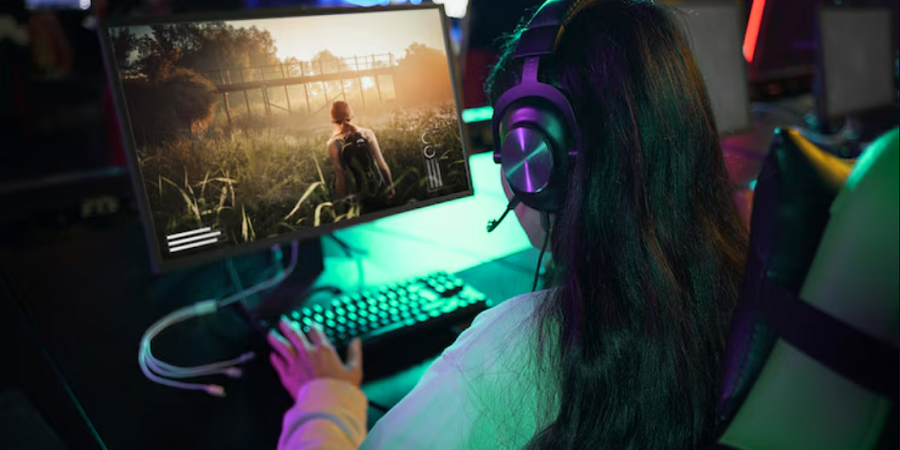2022 may just be the year of VR, AR & AI. It’s also the year that you’ll probably make your New Year’s resolutions about finally losing weight, reading more books than you did in 2021, or joining an adult softball league because there wasn’t one when you were actually young enough to join. But another thing is coming up in 2022 which will change the world of gambling forever: sports betting is legal across all 50 states thanks to the Supreme Court ruling PASPA unconstitutional back in 2018. You’ll start seeing ads on ESPN for your local sportsbook at Starbucks where it seems like everybody is placing bets on next week’s NBA game between Cleveland and Miami (which sounds like a game I’d want to watch).
It is safe to say that the first decade of this century has been an interesting one for sports betting. The internet opened up the possibilities, making it possible for anyone with a computer and reliable online connectivity to easily place their bet.
Many operators have taken advantage of this situation by establishing sites offering the various types of wagering opportunities available on events worldwide. Today, bookmakers are not only serving gamblers from all corners of the globe but are also providing users with news coverage, analysis, and comparative services.
The fact that bettors can now take part in discussions about their favorite sports or share opinions with fellow enthusiasts makes it easier to choose the types of bets they want to place. This personalization is expected to increase over the coming years and, as a result, many operators will likely offer live betting opportunities and tailor-made services.
On the other hand, we’re bound to witness developments that could negatively affect punters. For example, less regulation would allow certain bookmakers to enter markets where they’ve been barred from operating until now. This could lead to unfair practices such as offering fixed odds or applying unlawful margin rates – something most operators have avoided so far but which is not exactly impossible given the absence of clear rules in this domain.
Futures bettors needn’t be concerned about this kind of situation happening though. Their wagers are based on predictions made by statistical models or algorithms holding datasets of previous matches or races with non-distorting conditions. This type of betting is more like a game of skill than chance and it’s not likely to be influenced by any manipulations or corruption, giving it the upper hand when compared with other types of sports bets.
The process of predicting future events (such as identifying which team will win an upcoming match) isn’t new, but the fact that its application is now considered legitimate makes it more interesting for many types of bettors who previously shied away from making wagers because they felt that this practice was purely based on luck. Furthermore, gaining insight into how these models have been developed can help bettors better understand what to expect from their betting activities in the future.
In addition to being able to place simple bets on the outcome of future events, bookmakers are also offering wagers on the various aspects of the game itself. For example, a Finnish portal Vikingslots provides odds for specific occurrences that can be directly related to a team’s performance during an event. Players are able to place bets on these types of markets rather than having to choose between pre-determined options (such as betting on whether their favorite team will win or lose).
The rise of new technologies has given rise to new concepts in the world of sports betting. These include virtual reality which allows users to experience sporting events from a first-person perspective or bettors being able to participate in live competitions with other participants making bets against them. Such interactive experiences could help increase engagement among players by giving them more control over the whole experience.









